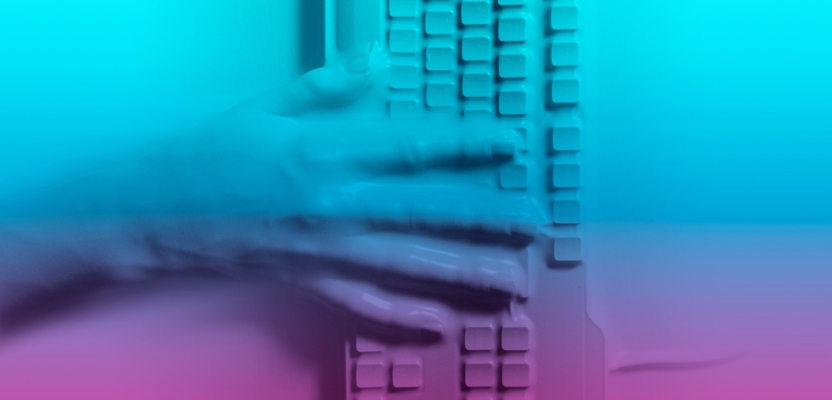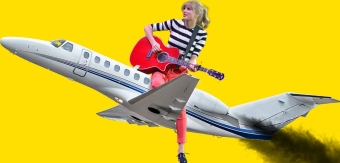From art to adverts, we’re seeing increasing (and incredibly impressive) examples of creativity sourced entirely from AI. And if you look at the dictionary definition of creativity, it’s easy to see how this can be plausible.
It says, ‘creativity is the ability to produce or use original and unusual ideas’. And while this is well within the capabilities of today’s AI tools, we remain a considerable way off devolving creative thinking entirely to technology.
Creative icons revered
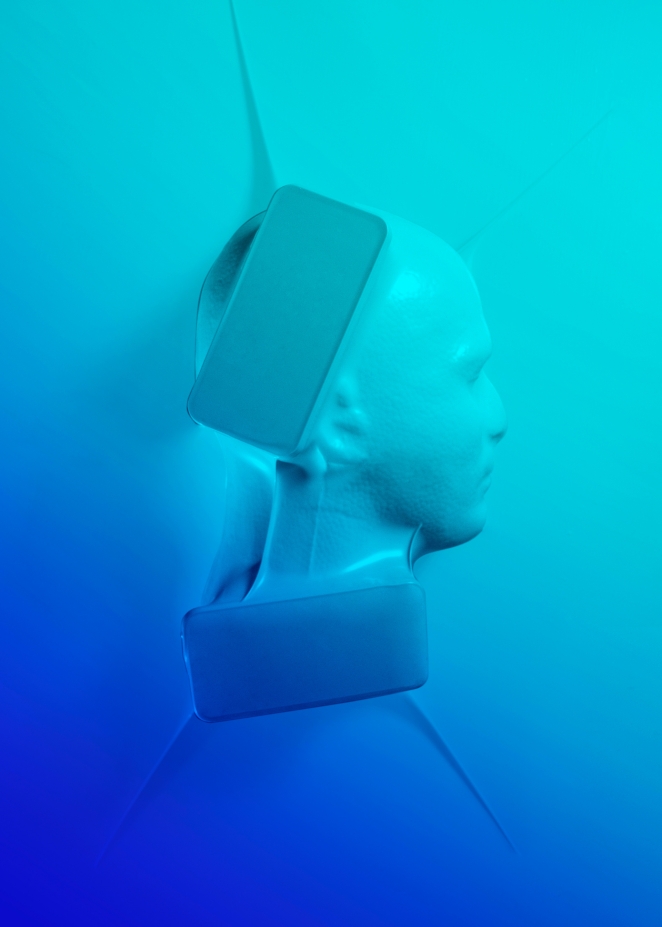
This is because creativity and emotion are inextricably linked. It’s impossible to have one without the other. Take this piece as an example. I'm not merely presenting a summary of the role of AI in creativity but rather, I want readers to feel something and intend for my words to elicit a response and can therefore tailor the language, tone, length and content to suit. This human ingenuity is difficult to replicate – and the reason why icons in music, art, science and engineering are so revered.
As humans, our thoughts, our memories, our physical sensations and the environments that surround us play huge, important parts in our lives. It’s our creativity that enables us to make connections between these things. A machine can’t do that. It doesn’t have the capacity for free thinking, nor does it have emotional intention.
That’s not to say AI is not already having an impact on the creative industries.
Smaller yet smarter agencies

Forrester predicted that 11% of the agency workforce would be automated from 2020 to 2023, stating the market will move towards ‘smaller yet smarter agencies complemented by tech.’ In Jan this year, agency Codeword announced it had hired the world’s first AI interns, Aiko and Aiden, to work in their content and design teams.
Creative agencies are using AI in a range of innovative ways to increase their impact and efficacy. Virtually every aspect of agency operations can leverage AI and automation - production, creative, data, insights, administration, and more.
We’re already seeing; chatbots deliver customer service, generative AI creating images and art for creative inspiration, AI for copywriting is catching up and machine learning steering media planning and buying - letting agencies pinpoint the best opportunities, reducing spend and increasing engagement.
All of which helps creative agencies reap time-savings and frees up people to work on higher-impact activity.
Verifying and validating creative ideas
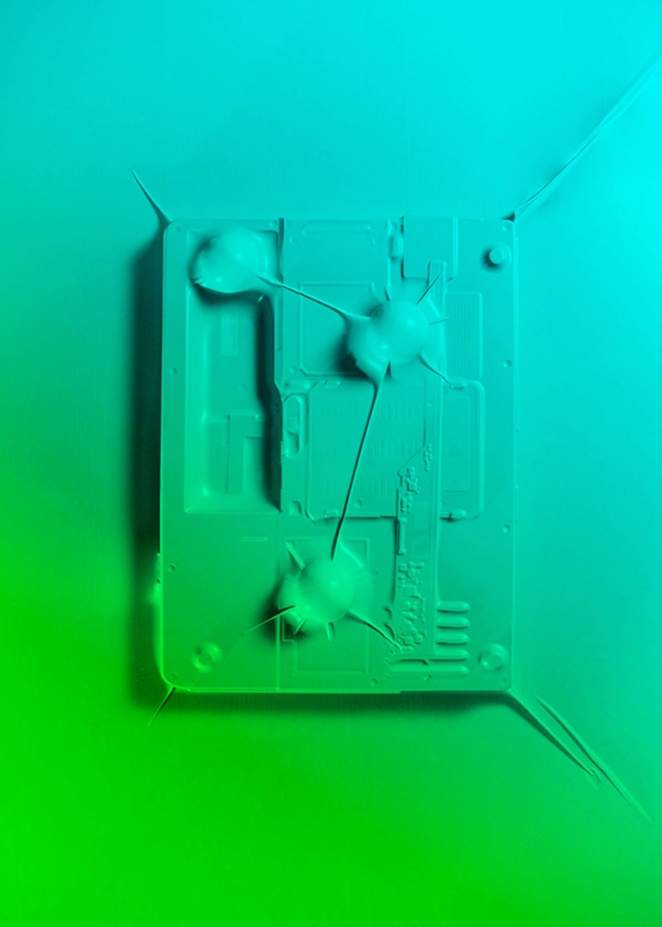
In an interview with the New Yorker, OpenAI’s CEO Sam Altman described AI as being “an extension of your own creativity.” In agency life, a lot of time can be wasted during the original concepting phase when all people really want to do is come-up with new and innovative ideas but this is a classic case where AI and humans can come together to verify and validate ideas.
Currently, AI can be used to generate ideas, hypotheses and insights - with humans used for fact-checking and if something is likely to work or not. Similarly, answers or suggestions generated by AI are not absolute - there are shades of gray. Ideas can be adapted, built-on combined and so on. This is the process of creativity and is unlikely to change any time soon.
This process of iteration and fact checking takes time. It’s tedious but necessary work and something crying out to be devolved to AI on the proviso that the audience research and market reports - the foundational insights behind the ideas - can be trusted.
Speed of iteration
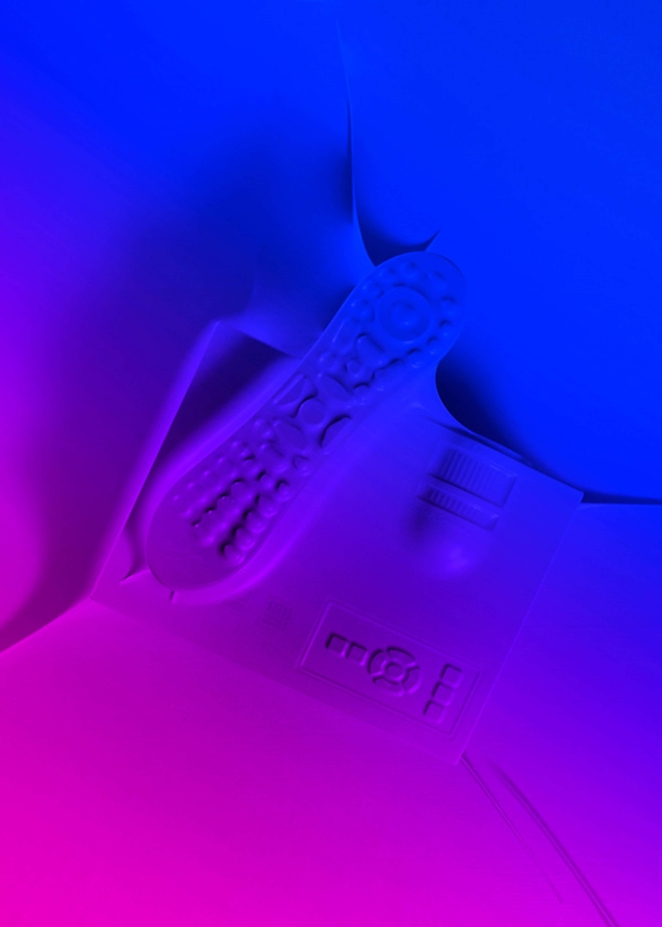
This is an area ripe for disruption because a major issue within marketing and creative teams is the speed of validation. It takes a long time to make requests to other departments, source data, find or buy reports and compile the findings. This can take weeks or even months. But what if a first round of validation and iteration can be done automatically in an AI platform against real-life trusted insights before even bothering the human?
Agencies and creative teams would see tremendous acceleration in the iteration process if their people had access to trusted and relevant insights in the moment. For example, marketers planning campaigns will be able to get answers in seconds about customers trends and preferences that help them pinpoint winning themes quickly.
Vital to this is the sourcing of data and reasoning. To understand why an idea or campaign is so strong means having a clear insight and a logic for recommending it. Having the whole trail of reasoning behind it is tremendously valuable, even if people disagree at some point in the chain. It’s an evolution in creative AI that helps us to rely much more on knowledge and much less on gut feeling.
Unlocking new creativity

Agencies and marketing teams can rest easy. To connect with a human deeply will always require a creative human in the process. But for the first time in history, we can conjure up everyday acts that support creativity on demand, in real time, at scale, for very little cost.
It is unlocking new creativity by combining human ingenuity and emotional connection with machine accuracy and trusted data insights.
By Olaf Lenzmann, Chief Innovation & Product Officer at Market Logic Software
